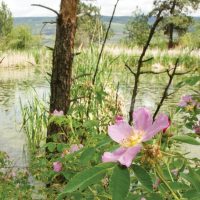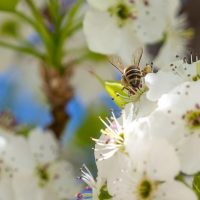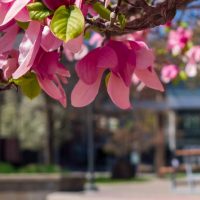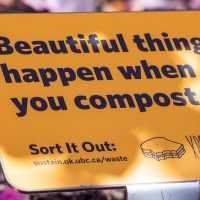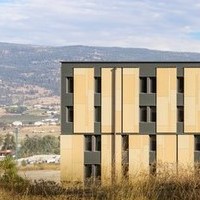SUSTAINABILITY OPERATIONS
The Sustainability Office works with a diverse group of individuals across many operational units including IT Services, Facilities Management and Student Housing and Hospitality Services to advance campus sustainability performance. We develop plans and initiatives to manage energy use, carbon emissions, water use and waste reduction as well as to enhance the ecology and overall wellbeing of the campus community.
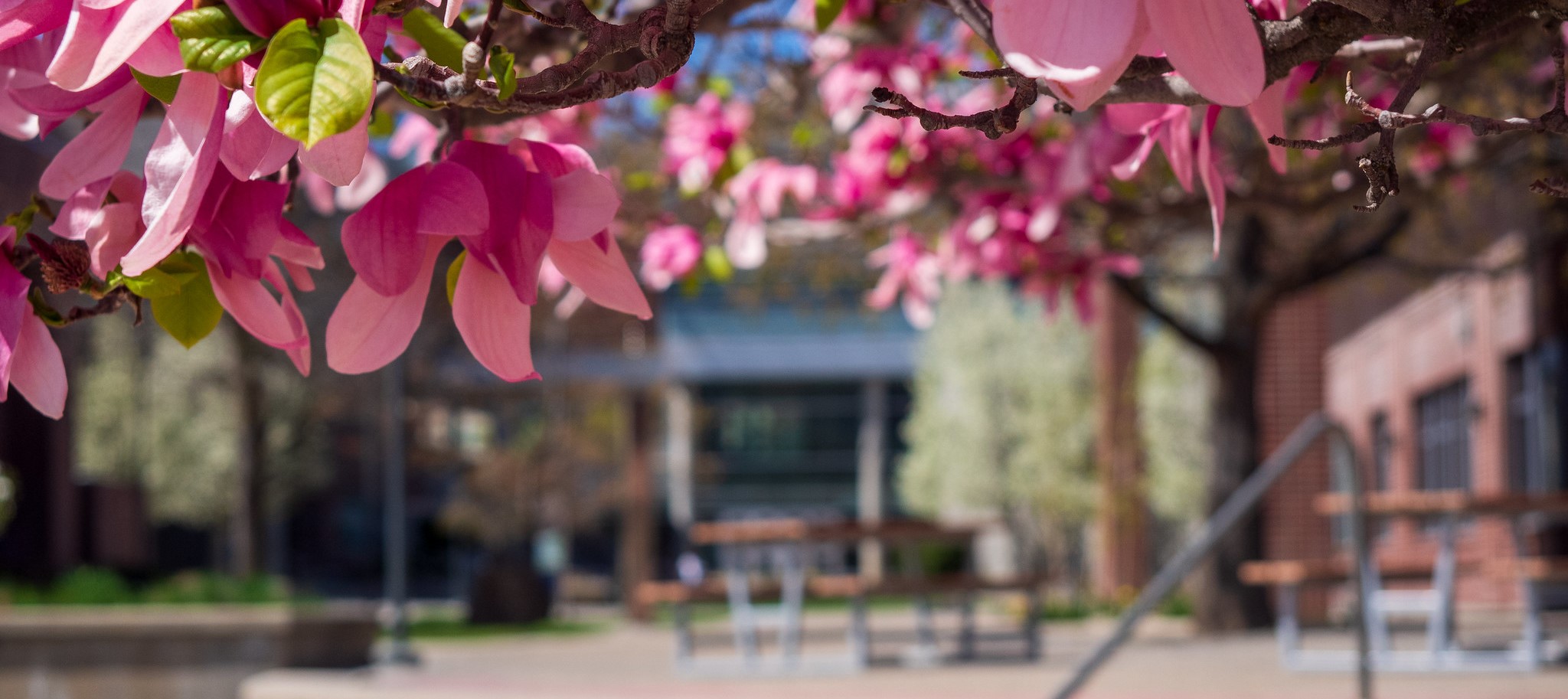
UBC’s Okanagan campus is committed to integrating sustainability practices, policies and infrastructure into its built and natural environment and across its operations. The campus is currently taking action in the following areas:
CAP 2030
The UBC Okanagan Climate Action Plan 2030 establishes a course of action to accelerate the reduction of core operational emissions by 2030 and also identifies measures to reduce emissions from our day-to-day activities, including commuting, food, waste and business air travel. |
Ecosystems
Ecosystems play a vital role in providing a range of services in terms of supporting soil formation, providing fresh water and habitat, regulating climate, and providing education and recreational value. Biodiversity is also a fundamental part of a well-functioning ecosystem. |
Energy Management
The Sustainability Office works with high impact operational units on campus to embed sustainability actions at the unit level through engagement and planning, setting annual unit level carbon neutral commitments and developing utility partnerships and associated funding opportunities – actions that are demonstrating measurable results. |
Waste Management
UBC Waste Management provides both waste management services and waste reduction education to the UBC campus community through the coordination of recycling, composting, e-waste, and litter reduction initiatives. |
Food
UBC Okanagan Food Services is starting a food revolution and supports a sustainable campus. They use environmentally friendly green chemicals, products, and biodegradable garbage bags that decompose in 60 days. Food Services also provides an all-services recycling station in or near all their eateries that accepts compost, recyclables and returnables. |
Transportation
In response to climate change imperatives, the Sustainability Office promotes a variety of campus sustainable transportation options and resources to help encourage alternative transportation choices. |
Water
Optimizing water quality, supply and security is a key Whole Systems Goal for UBC Okanagan. Measures to enhance water quality and conservation have been undertaken by the campus toward the achievement of this goal. The campus implements metering and high efficiency fixtures in buildings, and strategies including drip irrigation, rainwater swales, and indigenous, drought tolerant plantings in our landscaping. |
Green Buildings
Buildings help serve UBC’s academic mission by creating a sustainable, healthy place for teaching, learning and research, as well as places to socialize, live and play. The Whole Systems Infrastructure Plan provides a framework that supports sustainable campus growth, community wellbeing and ecological resilience. |
